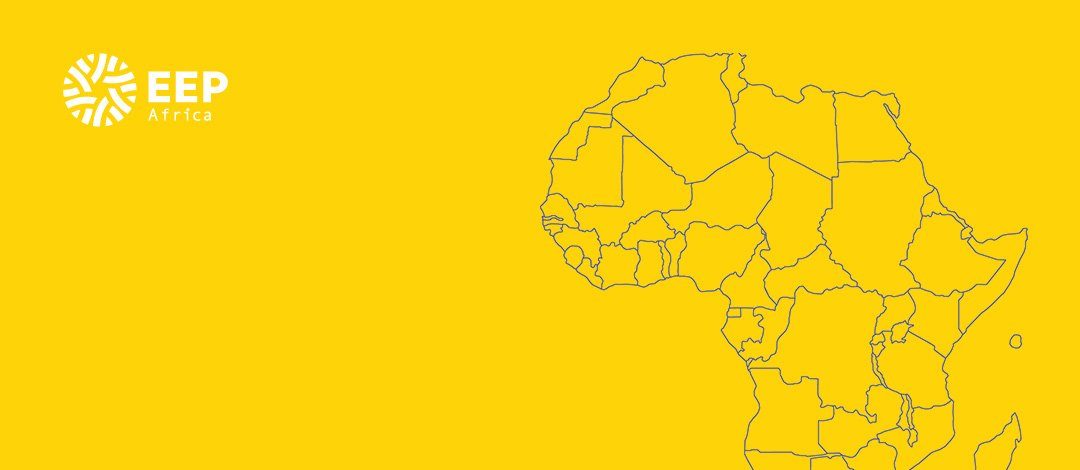Leveraging public financing to scale up progress on Sustainable Development Goals (SDGs) and Nationally Determined Contributions (NDCs) was the theme of a COP23 side event and panel discussion hosted by the Nordic Development Fund (NDF) on Tuesday 14 November in Bonn. Pasi Hellman, NDF’s Managing Director, kicked off the event at the Nordic Pavilion where Nordic finance institutions showcased their work: “We are actively leveraging NDF’s wide array of financing instruments to support delivery of the SDGs and NDCs in our partner countries”.
The conversation was anchored around a presentation of results and vision for the next phase of EEP S&EA as a concrete case study illustrating precisely the role of well targeted donor commitments catalysing private sector engagement on the SDGs and NDCs. The phase III of EEP S&EA will be launched in January 2018 as a multi-donor trust fund under the overall leadership of NDF and fully aligned with the SDGs and NDCs for the countries of the region.
NDF highlighted that EEP has established a strong brand for delivery, impact and effectiveness and committed more than EUR 50 million in direct financing to more than 200 pioneering projects leveraging clean energy technology and innovative energy access business models to transform lives and livelihoods and support the growth of a vibrant green economy in the region. EEP Programme Director Wim Jonker Klunne participated in the events and provided background on the results achieved by EEP. He also highlighted the role of young entrepreneurs within the portfolio and the partnerships formed with other initiatives to advance the sector.
The event was moderated by Charles Wetherill from NDF and brought together representatives from EEP donors MFA Finland and ADA as well as a group of panelists including Sheila Oparaocha from the ENERGIA International Network on Gender and Sustainable Energy (ENERGIA), Mahua Acharya from the Global Green Growth Institute (GGGI), Monojeet Pal from the African Development Bank (AfDB) and Naeeda Crishna Morgado from the Organisation for Economic Cooperation and Development (OECD).
The importance of blended finance arrangements and risk sharing between the public and private sector for scaled-up impact was emphasized by the panelists throughout the event as well as the need for linking youth and women to capital. Wetherill closed the event pointing out the annual USD 2 trillion gap (see OECD report) between actual public financing flows and what developing countries need to achieve the SDGs and commitments from the Paris Climate Agreement. “We quite simply have no choice. To close this gap and achieve these goals, we must blend our financing with other stakeholders.”



